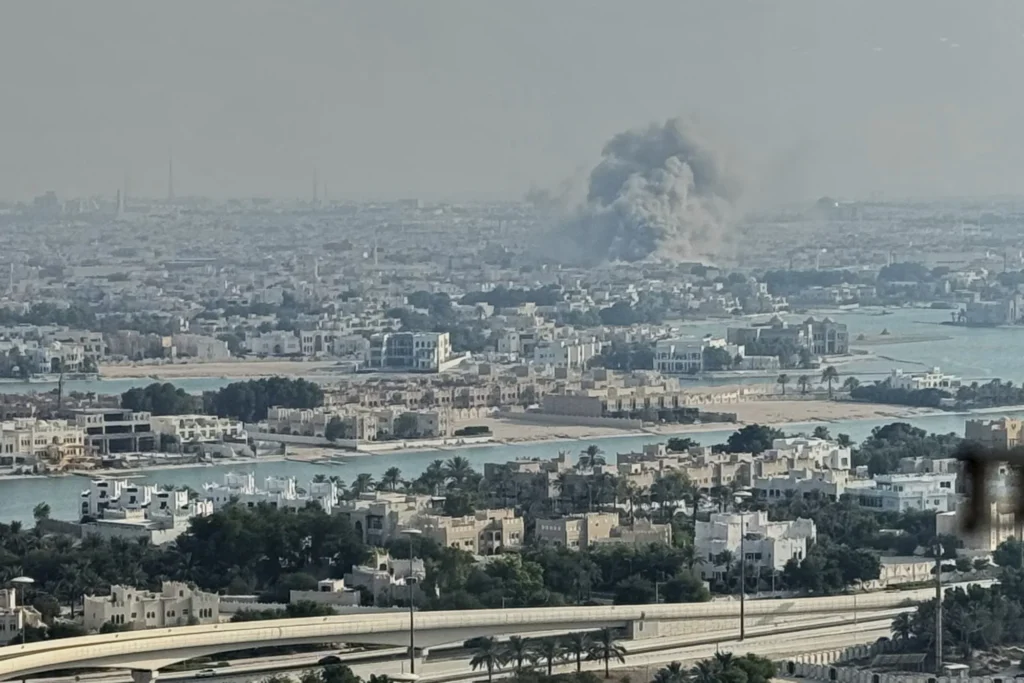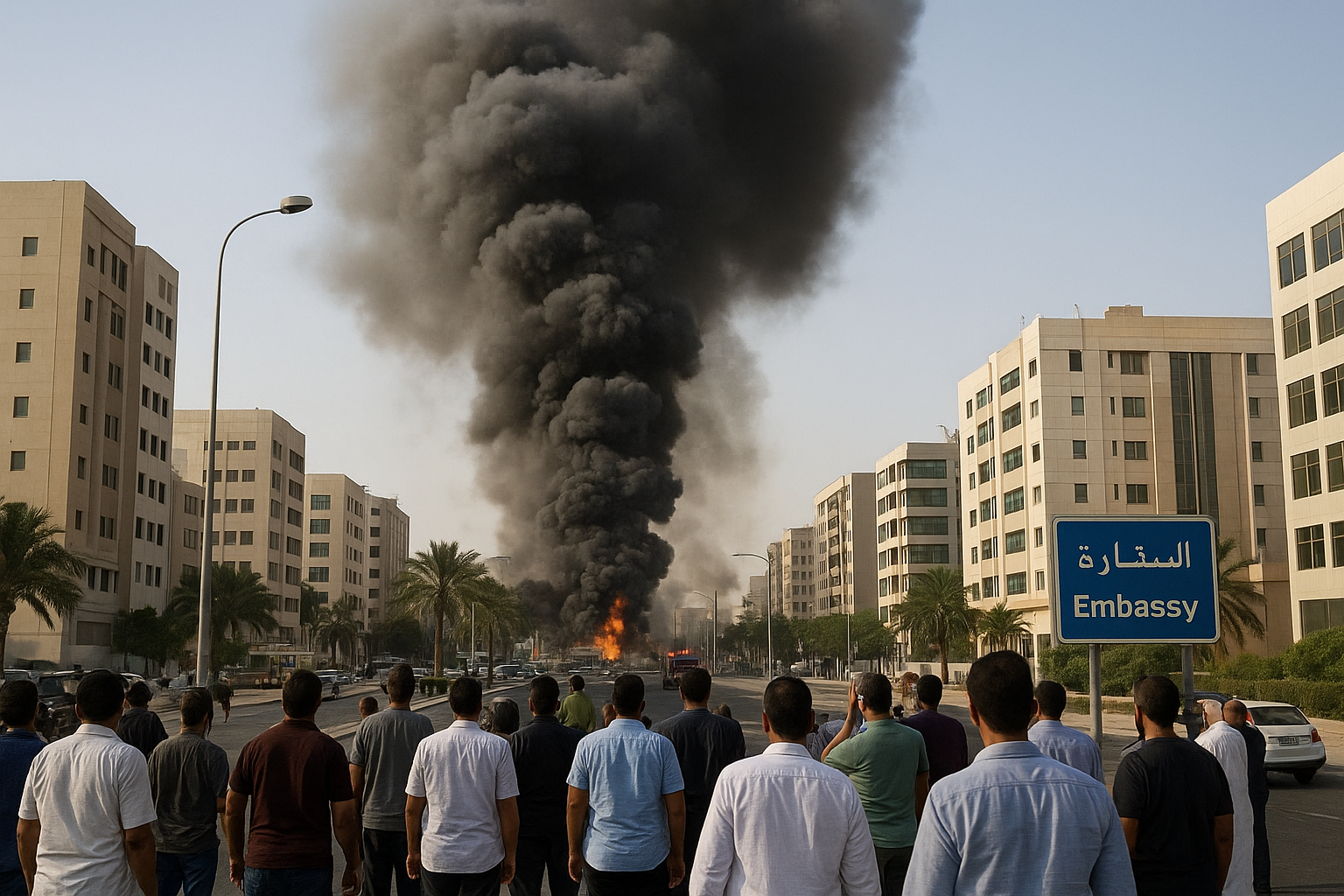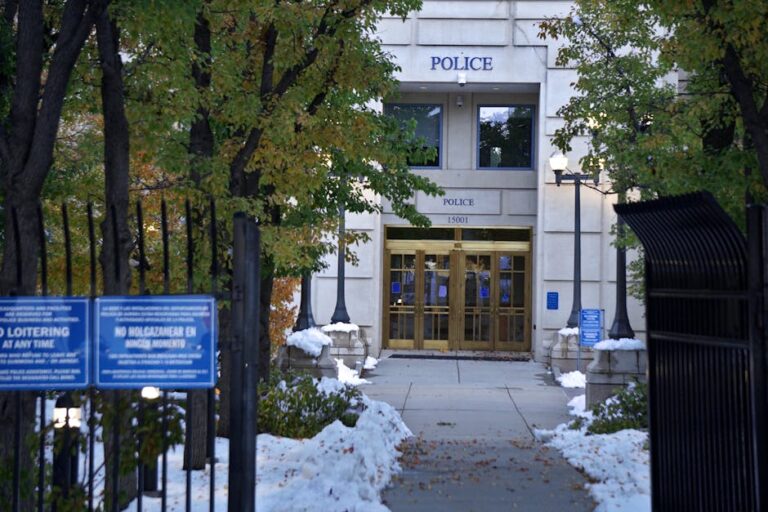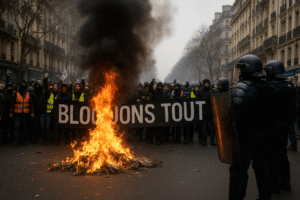In a shocking turn of events in its ongoing conflict with Hamas, Israel has opened a bold new front by launching an airstrike right in the heart of Qatar’s capital, Doha. This unexpected move has left the region reeling and drawn widespread international condemnation. The strike specifically targeted Hamas operatives in the Qatara district, a lively area known for its proximity to embassies and luxury hotels, where the group’s exiled leadership has long taken refuge.
Hamas officials report that six individuals lost their lives in the attack, although none were senior leaders. The explosions rocked a bustling residential and commercial hub of Doha around 3:46 p.m., sending shockwaves through the city and shattering Qatar’s longstanding image as a safe haven for regional diplomacy.
A Bold and Unexpected Attack
The airstrike was aimed at a meeting of Hamas negotiators who were reportedly discussing the latest U.S.-backed proposals for a ceasefire in Gaza. Israel’s primary target seemed to be Halil al-Hai, Hamas’s chief negotiator, who gained prominence following the assassination of former Hamas political leader Ismail Haniyeh in an Israeli strike in Iran last year. While al-Hai is believed to have survived, the attack highlights Israel’s commitment to pursuing its adversaries well beyond the borders of Gaza.
Prime Minister Benjamin Netanyahu confirmed his direct involvement in authorizing the operation, stating that Israel would always seek retribution against those responsible for the October 7th attacks. “Today, Israel and I have kept that promise,” Netanyahu declared, framing the strike as part of a larger strategy to dismantle Hamas wherever it may operate.
Qatar’s Reaction: A Wave of Anger

Doha’s response was immediate and filled with outrage. Prime Minister Muhammad Al Thani denounced the act as a “barbaric violation of sovereignty” and made it clear that Qatar would not hesitate to respond. This Gulf nation, which has prided itself on being the Switzerland of the Middle East by facilitating peace talks and mediation, now finds itself caught up in the very conflict it aimed to help resolve.
“This wasn’t merely an attack on Hamas,” a Qatari official pointed out, “it was an assault on Qatar’s role as a mediator and on the fundamental belief that diplomacy can thrive in neutral spaces.”
U.S. Taken by Surprise
The strike also took Washington by surprise. The White House disclosed that President Donald Trump was informed of the attack by U.S. military officials just ten minutes after it had started. In an unusual criticism of Israel, the administration condemned the action, with a spokesperson stating: “Unilaterally bombing inside Qatar, a sovereign nation and a close ally of the United States, does not further the interests of either Israel or America.”
Later, Trump reached out to Qatar’s Amir, assuring him that such an attack would not occur again on Qatari territory. This rebuke underscores the rising tensions between Washington and Tel Aviv, especially following Israel’s recent unauthorized strike against Iran.
Military Precision — and U.S. Involvement?
Security experts suggest that Israel likely couldn’t have executed the strike without at least some level of U.S. cooperation. Qatar is home to Al Udeid Air Base, the largest U.S. military facility in the Middle East and a key hub for coalition air operations. Analysts think the strike involved around 15 aircraft, probably including stealth F-35 jets, which would have needed clearance from the Pentagon to avoid interception.
Even though both U.S. and Israeli officials deny any prior coordination, regional observers are not convinced. “There’s no way those aircraft got that close to Doha without the Americans being aware,” remarked one Gulf analyst.
A Blow to Diplomacy and Rising Regional Anger
This attack has put fragile ceasefire talks at risk and heightened tensions in the region. Qatar, already under pressure for hosting Hamas leaders, now faces demands from its citizens and neighboring countries to either retaliate or pull back from negotiations. Meanwhile, Israel’s display of military strength could further alienate it diplomatically, even among its allies.
For Gaza, the situation is dire. As the strike unfolded in Doha, Israel ramped up its ground and air operations in Gaza City, dropping leaflets urging civilians to flee south. With nearly a million people already displaced, the humanitarian crisis in Gaza is on the brink of worsening even more.
What Comes Next?
In Washington, officials are racing to manage the fallout. Trump, notorious for his unpredictable temper when Israel takes action without U.S. input, reportedly issued a stern warning to Netanyahu during a private call. However, Netanyahu, feeling empowered by military gains, maintains that Israel won’t hesitate to target its enemies — no matter where they are.
For Qatar, this attack marks a significant turning point. Once seen as a neutral mediator in the Middle East, it now confronts the harsh truth that even its capital isn’t safe from the region’s conflicts. And for the international community, this strike poses a critical question: if diplomacy can’t find a safe haven in Doha, then where can it truly thrive?









